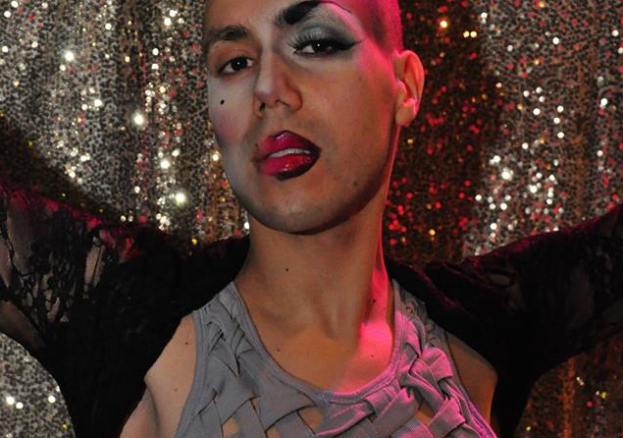
I’m always reminded of something my mother used to say when people ask me this (and I have been asked multiple times): ‘People can tell you have white heritage, but unless you identify your black heritage, they’ll overlook it. I don’t want to pick you up from school and have your classmates ask who the black woman picking you up is.’
You see, this is what used to happen—often. When people saw my mother with me as a child, they assumed she was the nanny. People often see a photo of me and don’t immediately see a black person. I’ve often been assumed to be white—not because I look particularly white, mind, but when they haven’t seen me at all. And why is that? Well it’s simple, really: because in Western culture, white is the ‘default’. Our culture and our society centres white experience and privileges whiteness so that white is ‘normal’ and everything else is ‘other’.
As a young mixed-race person growing up in the 90s and 00s, I never saw my people and my heritage reflected in popular culture. The people I read about in the history books or in the novels we read in class were overwhelmingly white. Every now and again, a well-meaning teacher would introduce a topical book to showcase the lives of the ‘others’—and invariably, these were books about racism, or poems about how important it is that we don’t call each other mean names.
But that, in itself, is also problematic. Our primary story shouldn’t be one of oppression. We should mark oppression and memorialise our pasts, but we also need to move forward, and look up to brighter futures. We need to reflect the everyday, human lives of Black and Ethnic Minority people across the country. Not to ‘normalise’ (a word which is rather fraught) but to ‘usualise’: black people are all around us, have made an important contribution to British life, and are as everyday and human as everyone else.
Black History Month, then, was something of a rallying call and a lighthouse in the fog when I was younger. It was a moment—just a small moment, all things considered—where I could learn about, celebrate and memorialise Black lives and Black achievement. Black History Month is largely embraced in the education system in the UK, and that’s an important thing. It puts discussions of equality, social justice and empathy into classrooms. It helps provide a space for the minds of tomorrow to explore difference—and togetherness—in a place of learning, which lends such conversations legitimacy.
Ideally, every day would be a Black History day, in much the same way that every day is ‘White History’ day. The legacies of non-white people should stand equal to those of White people—in culture, in the workplace, in the academy. Our stories shouldn’t be whitewashed. Our truths and realities should be reflected in Arts and the Media. The narratives we see should be diverse and honest, and as nuanced as any others. That way, there would be no need for Black History Month as it is now—we’d simply have our stories presented fairly, among the stories we already see, and every day.
Black History Month, as a positive step to redress the imbalance in which stories are seen and which stories are overlooked, is absolutely essential. Until history and culture reflects black and ethnic minority lives fairly, Black History Month is needed. Until ‘white’ no longer means ‘normal’ or ‘default’, and until a black face in history books is as unremarkable as a white face, we have to continue to make this moment for ourselves—and for those who would learn from it most.
